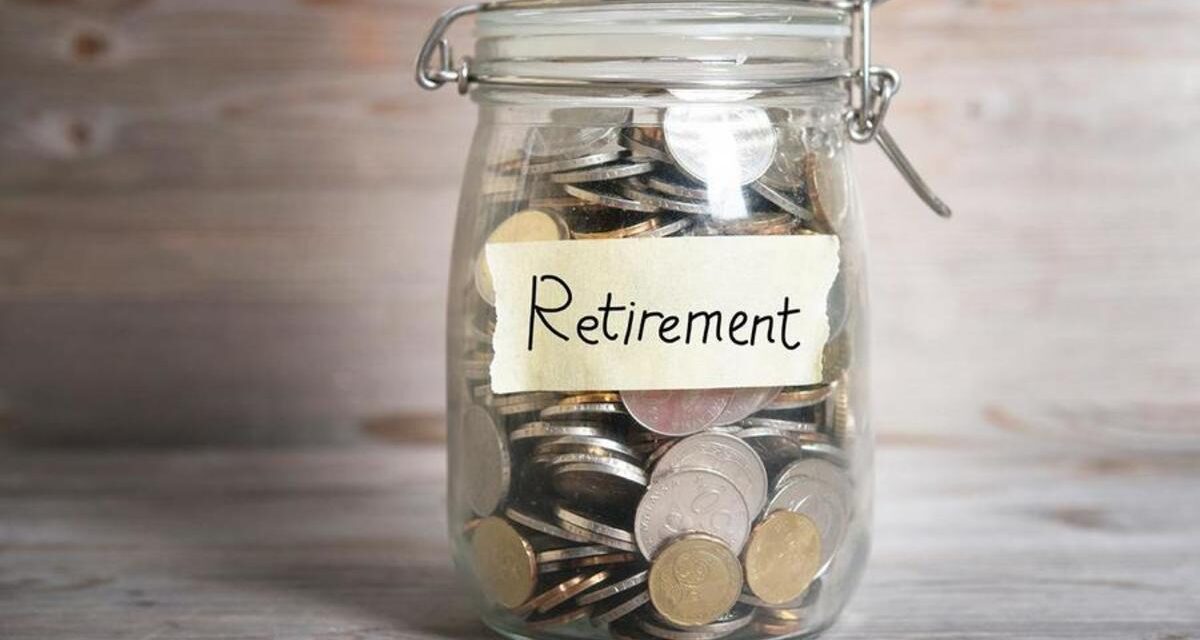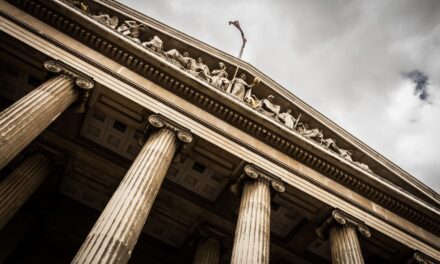The short answer is NO, unless you have consulted with an attorney that is an expert on debt management and reorganization! Even then, if an attorney recommends that option I suggest getting a second opinion. Individuals can face overwhelming debt for numerous reasons including divorce, job loss, medical emergencies, or emergency home repairs. Faced with mounting debt and the uncertainty that comes with that, many people immediately think of using retirement funds as a quick and easy way out from under their unsecured debt.
Bankruptcy is the first option individuals should explore as it was specifically designed to give people a fresh financial start and does not typically carry the same fees, penalties, and consequences of raiding retirement funds to pay debt.
TAXES & PENALTIES – It might be difficult to ignore the lump sum of money sitting idly in your traditional IRA or 401(k) accounts when staring at high interest credit card statements. While there are some exceptions to early withdrawal restrictions, it is wise to remember that early withdrawal of these funds could possibly lead to additional taxes as well as penalties.
RETIREMENT FUNDS ARE PROTECTED FROM CREDITORS – In general, 401(k), 403(b), IRA, and other qualified retirement accounts under the Internal Revenue Code are protected from creditors under the ERISA statute and various state statutes. These protections exist not only against credit card type lenders, but also against bankruptcy trustees and governmental creditors like the IRS (exceptions do exist to the extent the person has the right to take disbursements after reaching retirement age). In other words, creditors generally cannot attach qualified retirement accounts so there is almost never a good reason to voluntarily give them those funds.
LONG TERM BENEFITS OUTWEIGH SHORT TERM RELIEF – Based on the mathematical concept (and benefits) of compounding interest, the longer retirement money remains untouched the more it will continue to grow. No matter the amount of money in an IRA or 401(k), it is wise to leave it alone because the earned interest (i.e. free money) that is lost over time translates into substantial losses.
Before raiding retirement funds for short term unsecured debt relief, consider the benefits of a Chapter 7 or Chapter 13 bankruptcy for debt relief. While you may ultimately choose not to pursue bankruptcy protection, cashing in retirement early should always be the absolute *last* solution.



